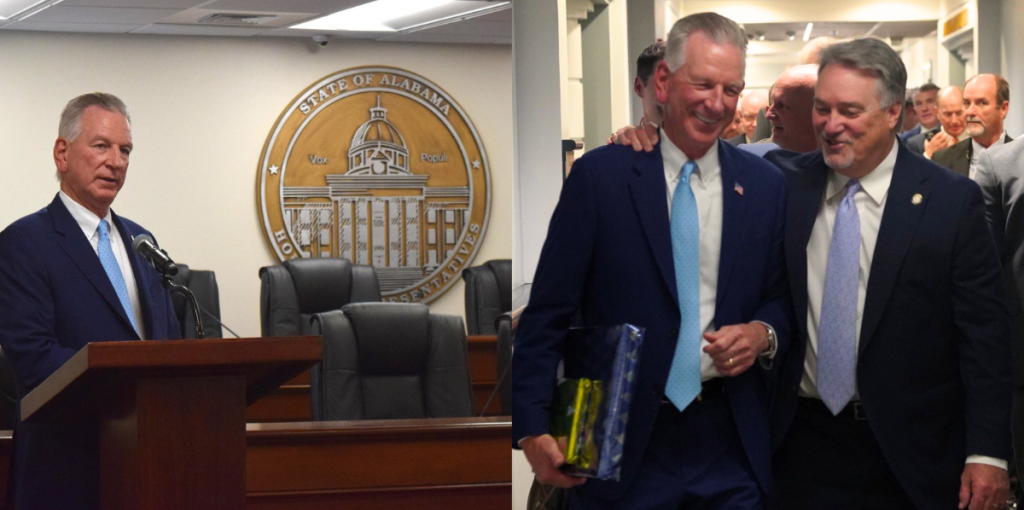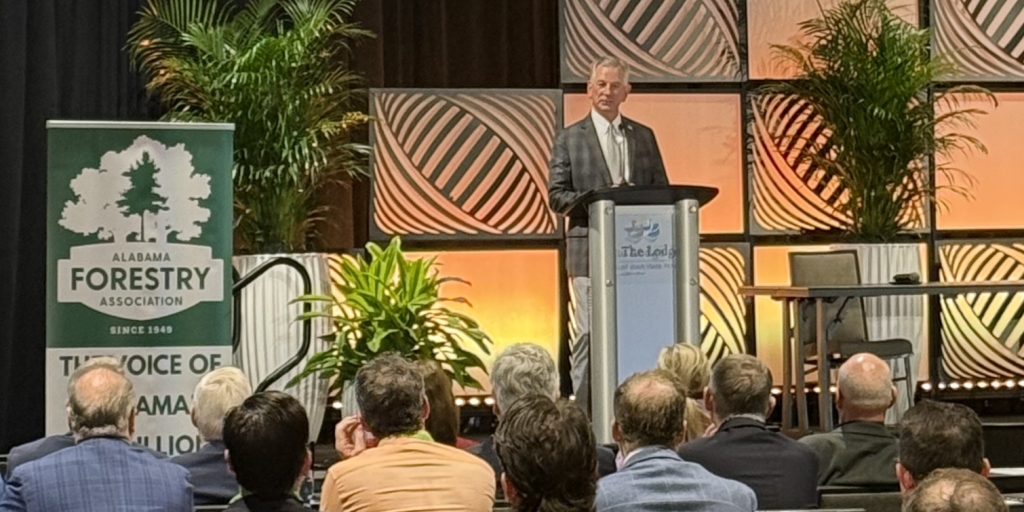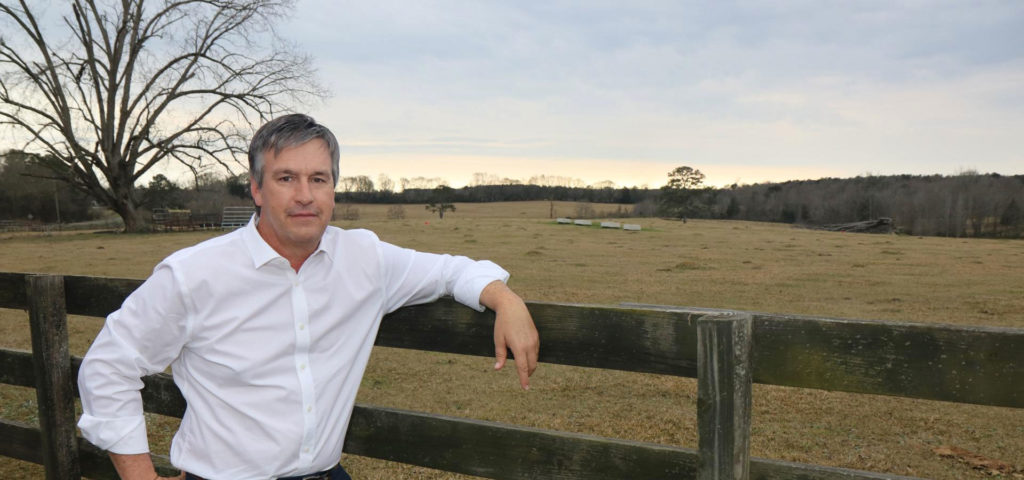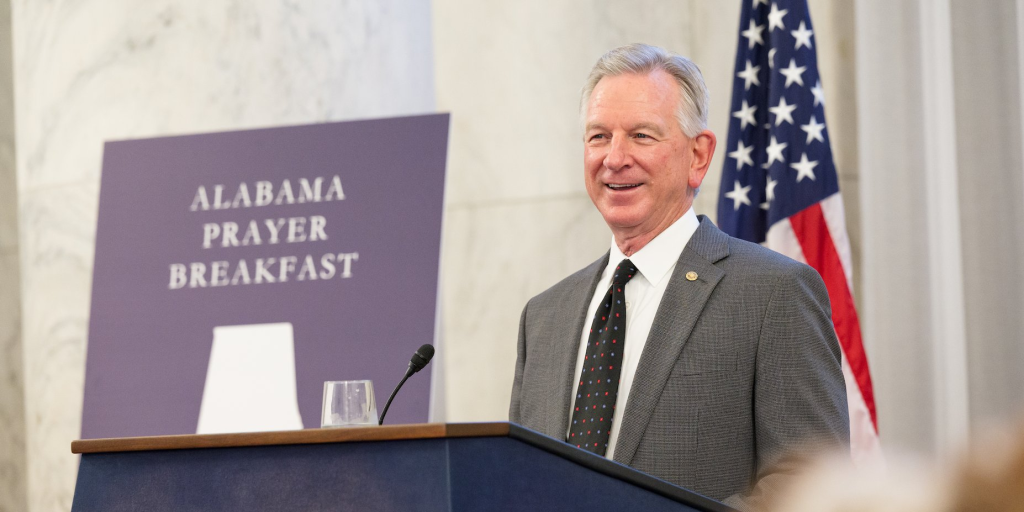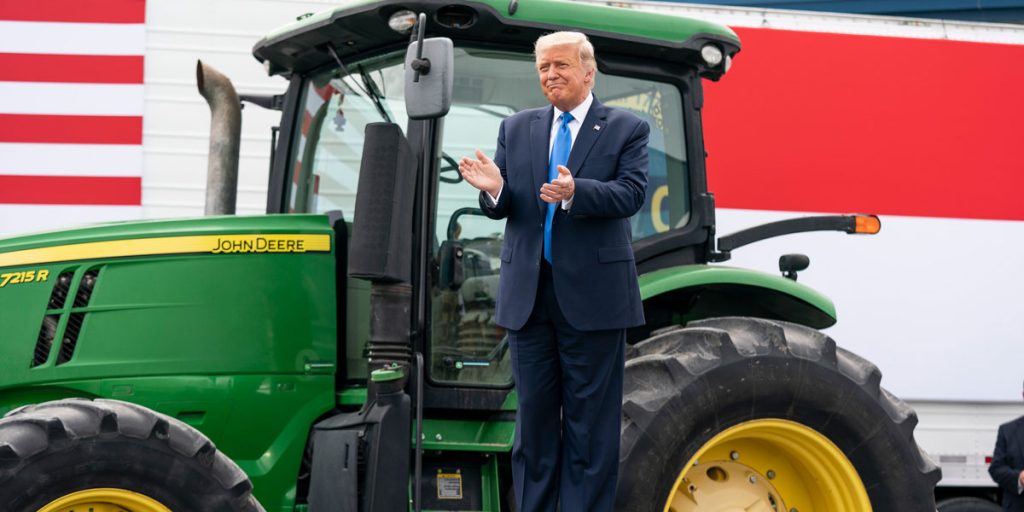
On June 29, the Environmental Protection Agency formally published its Waters of the United States (WOTUS) rule in the Federal Register. Sixty days from that date, this rule, which could greatly increase regulation under the Clean Water Act, will go into effect. The clock is now ticking to stop the adoption of this detrimental rule.
The lengthy WOTUS rule spans 300 printed pages. Even with all those words, we’ve found the rule fails to clarify the EPA’s jurisdiction and instead relies on ambiguous language that muddies the waters.
While riddled with problems, the greatest issues with the rule lie in the added definitions of “tributaries” and “nearby waters” as protected areas. The definitions are complex and unclear. Failure to precisely define these terms means the EPA could regulate dry ditches or ephemeral streams, which only hold water after a heavy rain.
Good common sense dictates that this should not be allowed under the Clean Water Act, an act implemented to protect water, not dictate land use.
The EPA claims it addressed farmers’ concerns by saying it does not plan to regulate ditches or ephemeral streams. But when dealing with federal regulations, a spoken assurance carries no weight. The words used in the rule do, and those words are vague.
Farmers care for the environment. We want clean water for our crops and animals but most importantly, we want clean water for our families.
However, we also want to provide for our family members and meet the challenge of providing food, clothing and shelter for the world. That means we must be allowed to work in our fields to raise our crops and livestock in the most environmentally friendly way possible.
The ambiguity included in this rule could very well prevent farmers from working their land due to EPA regulations.
This rule should not only concern farmers or only Alabamians. This should be of great concern for U.S. homeowners who spray to kill weeds in their lawns or gardens. It should concern construction companies and workers that move dirt to build houses or businesses.
Luckily, there is still time to prevent the EPA from adopting the WOTUS rule, but that action must come from Congress or the courts.
Alabama Attorney General Luther Strange signed on to a federal lawsuit that would strike down the controversial rule. He joined eight other states: West Virginia, Florida, Georgia, Kansas, Kentucky, South Carolina, Utah and Wisconsin. Agricultural groups, including the American Farm Bureau, have also filed a lawsuit against the rule in a Texas federal district court.
The U.S. House of Representatives has already passed the Regulator Integrity Protection Act of 2015, which would prevent the administration from implementing the WOTUS rule. It would also require the EPA to rewrite the rule and consider public input from the hundreds of thousands of Americans who submitted comments since the rule was introduced last year.
A similar measure, S. 1140, passed the Senate Environment and Public Works Committee June 10. Alabama is fortunate to have the support of Sens. Richard Shelby and Jeff Sessions in passing this measure. We hope all U.S. senators will make it a priority to stop the WOTUS rule.
Jimmy Parnell is president of the Alabama Farmers Federation, the state’s largest farm organization with more than 365,000 members. The Federation is an affiliate of American Farm Bureau.





